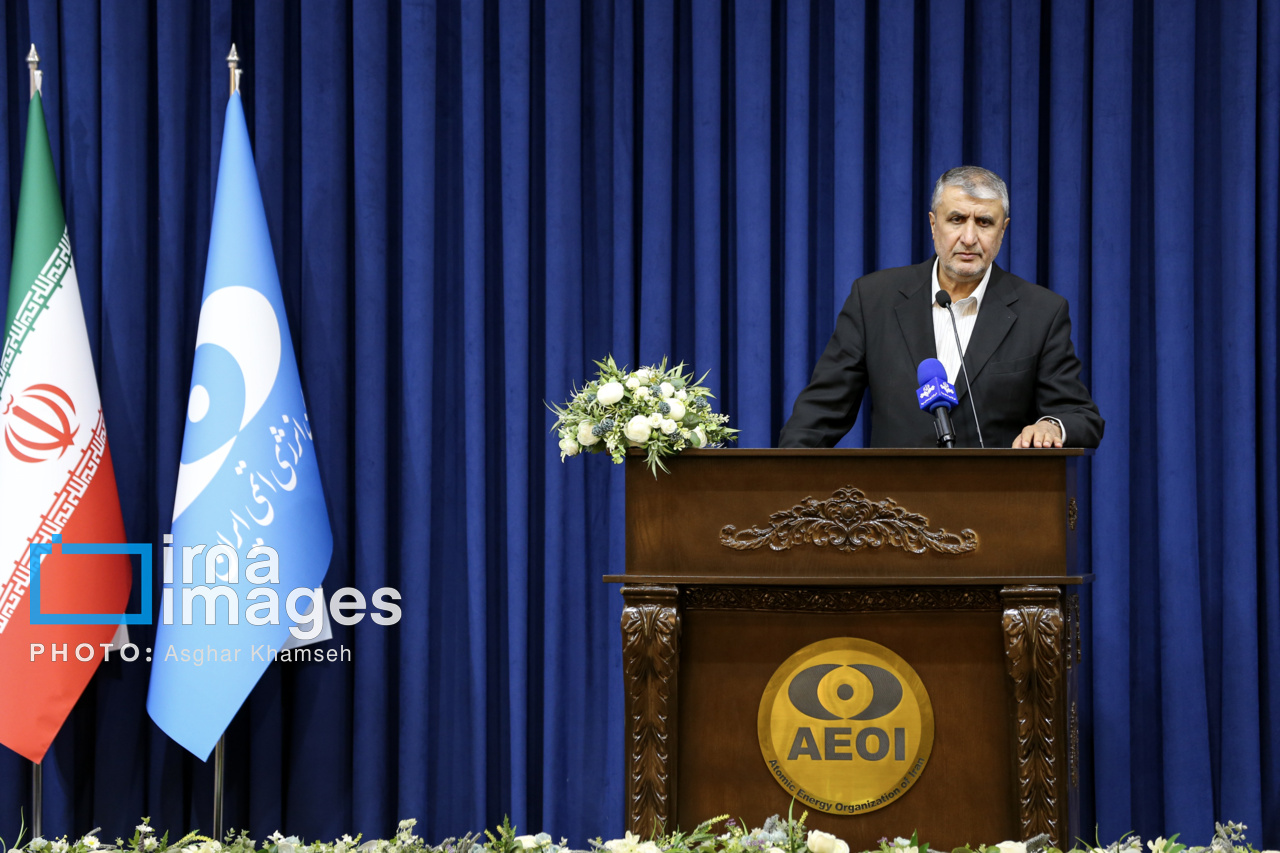
Similar Posts
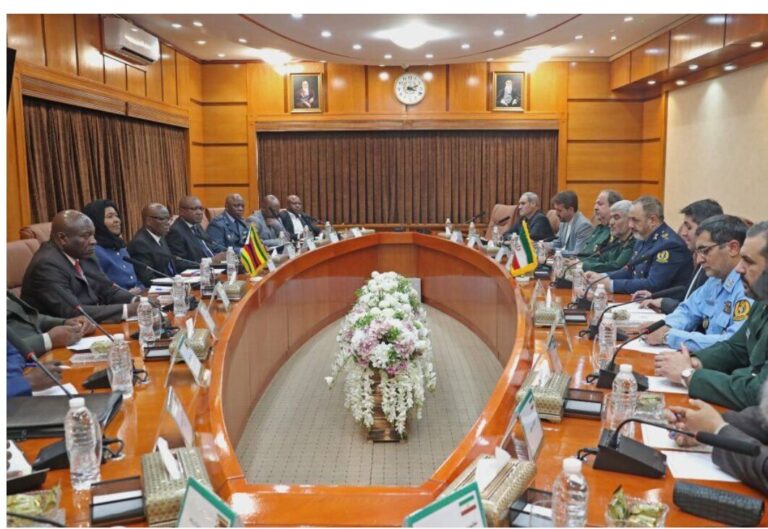
Defense Minister Accuses Israel of State Terrorism: A Symbol of Controversy
Iranian Defense Minister Brigadier-General Aziz Nasirzadeh criticized Israel for its actions against Palestinians and Lebanese, labeling it as state terrorism amid the silence of international organizations. In a meeting with Zimbabwe’s Defense Minister Oppah Muchinguri-Kashiri in Tehran, he acknowledged Zimbabwe’s historical battles against colonialism and racism, emphasizing Africa’s importance in Iran’s foreign policy. Nasirzadeh reaffirmed Iran’s commitment to supporting independent nations against hegemonic powers. Muchinguri-Kashiri expressed condolences for a tragic explosion at Shahid Rajaee Port in Iran, highlighting the strengthened ties between Iran and Zimbabwe since the 1979 Islamic Revolution, rooted in shared values and mutual support.

Iran Faces Power Crisis: Industry Chief Warns of Inability to Meet One-Third of Energy Demand
Iran is facing a severe electricity shortage, with projections indicating a 25,000-megawatt deficit for 2025-2026, exacerbated by a current 20,000-megawatt shortfall. Industry officials warn that the country will only generate a third of the power needed to meet rising demand, leading to fears of intensified blackouts. Despite government assurances of a robust energy sector, ongoing unplanned outages are disrupting schools and government operations. Lawmakers are urging immediate action to address the crisis, which poses risks to both economic stability and political order as summer approaches. Effective government strategies are crucial to alleviate the impending energy crisis.
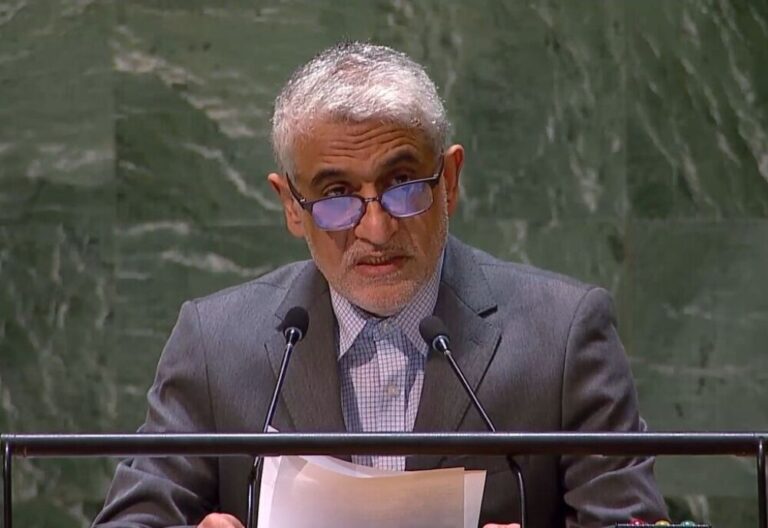
Iran’s U.N. Envoy Slams Disinformation Campaigns Amid Gaza Conflict
In a recent UN address, Iranian Ambassador Amir-Saeed Iravani criticized Israel and the U.S. for spreading false narratives around the Gaza conflict, particularly on Nakba Day, the anniversary of Israel’s establishment in 1948. He condemned Israel’s violence against Palestinians, citing ongoing human rights violations and suppression of Palestinian voices. Iravani noted that, despite global calls for peace, Israel continues its operations with impunity, leading to approximately 60,000 deaths and significant suffering. He reaffirmed the Palestinian right to resist occupation and labeled Israel’s actions as genocide, implicating the U.S. as complicit in these crimes.
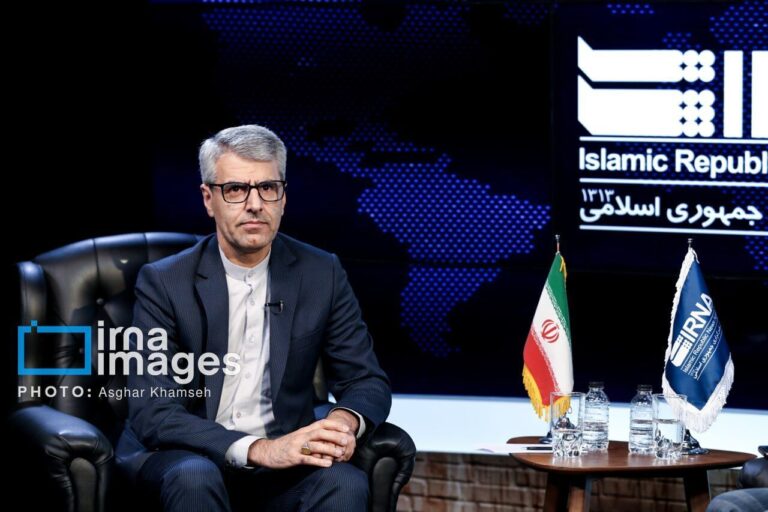
Expert Insights: Why Caution is Crucial in U.S. Negotiations, According to Spokesperson
Iran’s negotiations with the U.S. are characterized by historical caution, as highlighted by Foreign Ministry spokesperson Esmaeil Baqaei. He expressed concerns over the U.S.’s past non-compliance, prompting Iran to adopt a vigilant stance. Baqaei acknowledged the typical fluctuations in negotiations but noted that decades of distrust complicate the dialogue. The Omani Foreign Ministry is facilitating the fifth round of talks, with details on timing and location forthcoming. Iran remains committed to pursuing diplomatic solutions, grounded in international law and the collective will of its people, while carefully calibrating its actions in response to U.S. moves.
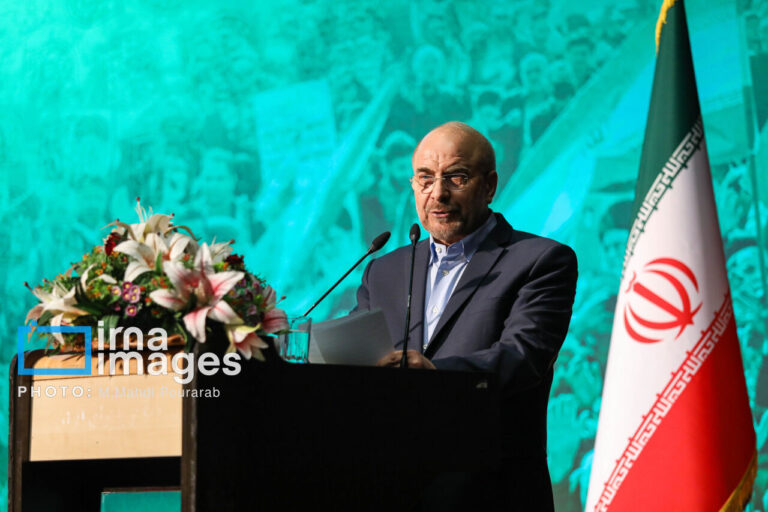
Parliament Speaker Sounds Alarm on Dangerous Polarization in Negotiating with Adversaries
In a recent address, Iranian Parliament Speaker Mohammad-Baqer Qalibaf urged unity in public discussions about negotiations with adversaries, particularly in light of ongoing tensions with the U.S. He cautioned against creating rigid divisions among factions, referencing the Supreme Leader’s stance on negotiations. Ayatollah Seyyed Ali Khamenei deemed talks with the U.S. “unwise” and criticized the U.S. for failing to uphold the 2015 nuclear deal, which was abandoned during Trump’s presidency. Qalibaf emphasized the contentious nature of negotiating with the current U.S. administration, reaffirming that such discussions are viewed as dishonorable.
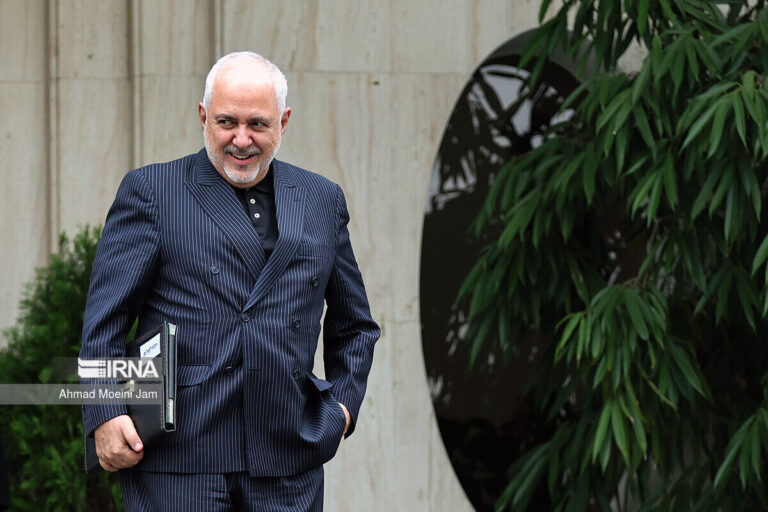
Unveiling the Mystery: The Disappearance of Iran’s Javad Zarif
The political landscape in Iran is heavily influenced by Vice-President Javad Zarif, known for advocating negotiations to ease economic sanctions. However, his recent low profile amid scrutiny over his children’s U.S. citizenship has raised concerns about his future role. Iranian lawmakers are pushing to limit his decision-making power, while the Pezeshkian administration aims to amend laws restricting individuals with foreign ties from holding sensitive positions. Despite ongoing discussions, Zarif’s influence appears diminished, particularly with potential shifts in U.S. leadership. The evolving situation poses uncertainties for Iran’s negotiation strategies and Zarif’s standing in the administration.